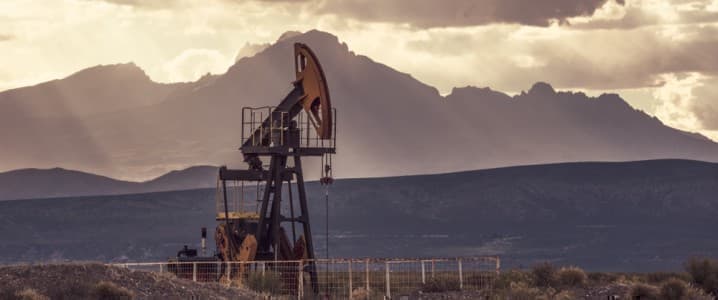Argentina has made a big step forward in attracting foreign and domestic investment into the country’s energy sector with the passage of the Basis Law, which included the Incentive Regime for Large Investments (known as RIGI by its Spanish acronym). This is a significant move to attract sizable investment in Argentina’s energy sector, particularly for large-scale projects like pipelines and export terminals related to the Vaca Muerta shale play. Projects exceeding US$200 million are guaranteed 30 years of legal and regulatory stability, assuming that 40% of the investment is made within the first two years. For projects over US$1 billion, there are significant tax breaks and an exemption from export taxes after 2-3 years, depending on project size, as well as exemption from taxes on imports related to the project size and progressive access to foreign currencies—20% after two years, 40% after three years, and full access (100%) after four years.
This initiative aims to create a favorable environment for foreign and domestic investors by offering financial incentives and ensuring long-term project security. This could significantly boost Argentina’s energy infrastructure investment, fostering oil and gas production and export capacity growth. The RIGI framework outlines specific eligibility criteria and benefits for large-scale investment projects in Argentina, focusing on attracting substantial investments and fostering strategic industries. RIGI is available for single-project entities, joint ventures, and other forms of associations involved in large investment projects, commonly structured as special purpose vehicles (SPVs). To qualify, investments must be at least US$200 million in computable assets. The executive branch has the authority to set higher thresholds for specific sectors, up to a maximum of US$900 million. Projects with investments of US$1 billion or more that could establish Argentina as a long-term global supplier may be classified as strategic exports. These projects can access additional benefits and incentives beyond the standard RIGI terms. Due to their export orientation, oil and gas, mining, and hydrogen projects are likely candidates for these additional benefits. Requests to join RIGI must be submitted within the next two years. The executive branch has the discretion to grant a one-year extension for filing.
On the other side of the coin, President Luiz Inácio Lula da Silva’s recent policy shift regarding natural gas has excited proponents of natural gas sovereignty in Brazil. Still, it has also sparked concerns about potential impacts on investment in Brazil’s oil and gas sector. A new decree gives Brazil’s oil regulator, ANP (Agência Nacional do Petróleo, Gás Natural e Biocombustíveis), the authority to set limits on the amount of natural gas that oil producers can reinject into reservoirs. Today, in Brazil’s offshore fields, most natural gas produced in association with oil is typically reinjected to maintain reservoir pressure and enhance oil extraction. This practice also helps manage the high costs of transporting gas to shore. Through this decree, the administration aims to boost domestic natural gas supply and lower prices to stimulate industrial activity in Brazil. By potentially reducing the volume of gas reinjected, the policy seeks to divert more gas to the domestic fuel market.
However, there are potential investment concerns here, particularly concerning cost implications. For companies like Equinor, Shell, and Petroleo Brasileiro SA (Petrobras), the new rules could impact the economics of their offshore projects. If the policy leads to higher gas transport costs or mandates more gas to be diverted from reinjection, it could affect project feasibility and profitability. The uncertainty surrounding the new regulations might make these companies more cautious. Equinor and Shell are evaluating how the decree might affect their multi-billion-dollar offshore investments in Brazil. It’s worth noting that the rule will only apply to new wells and won’t affect existing contracts. For Lula’s administration, the decree prioritizes increased natural gas supply and reduced prices, which it views as crucial for industrial growth. Still, introducing this new regulatory framework could create significant challenges for oil companies operating offshore, potentially affecting their investment decisions and project economics.
How these government mandates will shape the future of the energy sector in both countries remains to be seen, and indeed, the implications here are long-term in nature. Argentina and Brazil have seen fairly pronounced oscillation in their political leadership over the last decade, swinging from left to right and right to left. In that vein, it remains unclear how future changes in the Casa Rosada and the Palácio do Planalto might affect these policies in the future. For now, both leader’s positions seemed to be well staked out. President Lula will continue to emphasize increased state control and regulation to manage domestic energy supply and prices, potentially leading to more cautious investment by international companies. At the same time, President Milei will focus on liberalizing the energy market to attract investment and expand Argentina’s energy infrastructure and export capacity, aiming to create a more favorable environment for large-scale projects.
More Top Reads From Oilprice.com
- Brent Plunges Below $75 as Bearish Sentiment Builds
- Russian Shelling Intensifies Near Zaporizhzhya Nuclear Plant
- Central Asian Republics Aim for $2 Billion in Bilateral Trade


















